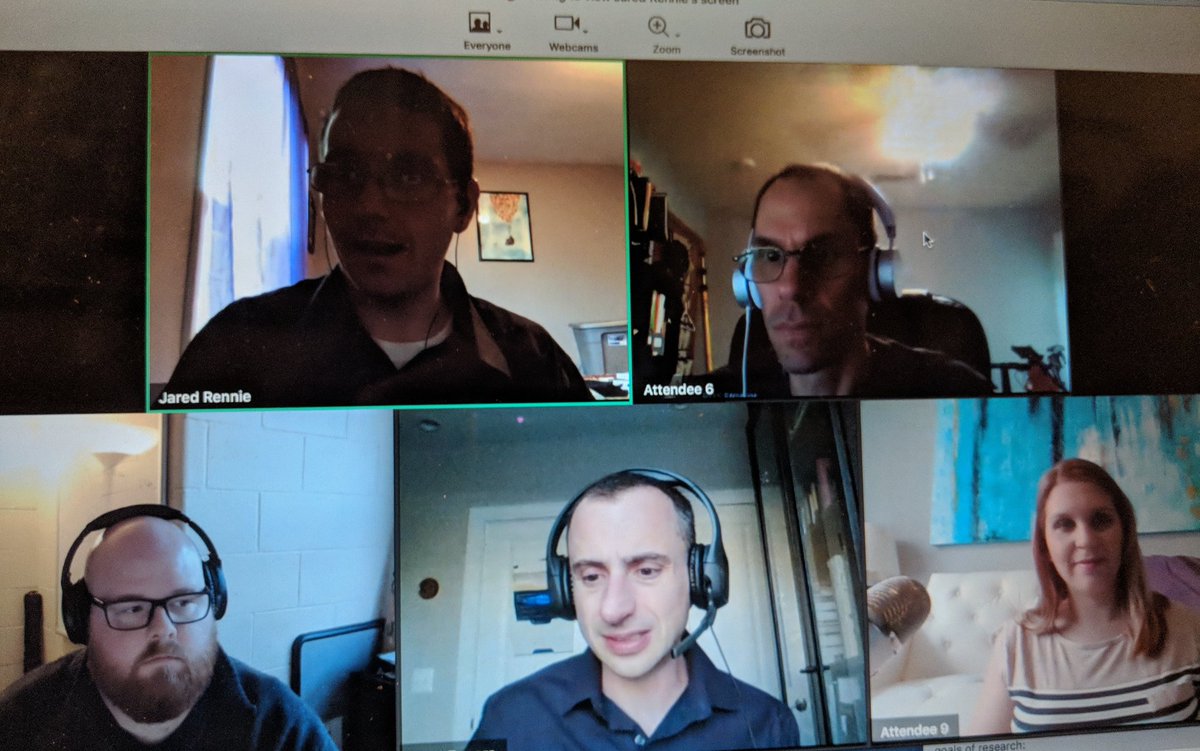So, how did we arrive at the conclusion that public ownership should be the first step to decarbonizing & democratizing the grid?
Short answer: lived experience & theory of change.
THREAD:
This campaign started with us trying to work within the current system. We became parties in the Con Ed & National Grid rate cases to fight for lower rates and an end to the expansion of gas infrastructure.
And we learned that the PSC is completely ineffective 2/
-blacked out 70,000 customers because they had refused to spend the $350M they got in the last rate case on relay system upgrades and let it break instead
-admitted they would pass the cost of 4/
-and National Grid created a fake gas moratorium as a scare tactic, literally holding our energy hostage to push through a 5/
Politicians have ordered them to reconnect people, but they refuse. They also manipulated data regarding methane emissions and refuse to fix leaks, caused explosions, union bust, etc 6/
This would help, don't get us wrong. But, it would be extremely difficult and wouldn't 7/
If we tried to decarbonize on the scale needed while leaving them private, rates would soar, and ratepayers would be stuck with paying for all their stranded assets. So, why don't we mitigate 8/
Public utilities are 14% more affordable on average—the cost savings and 11/
#PublicPower will also end energy shutoffs—it's important to guarantee renewable heat and energy as a human right in this age of climate crisis, much like we do with water. 13/
That end is all of the things you described (incentivizing maintenance, decarbonizing without too much of a fight or rate hikes, introducing more transparency & accountability directly) + building working class power.






